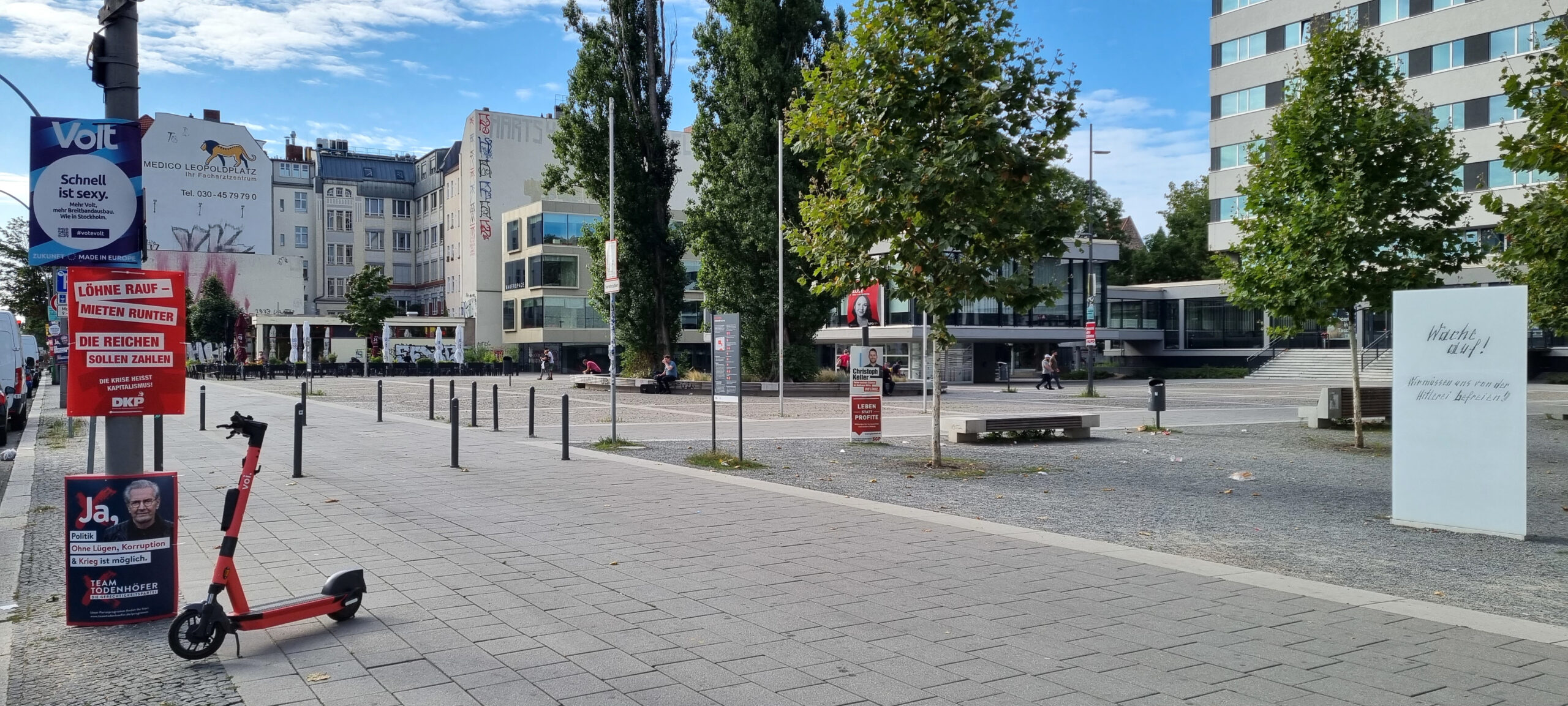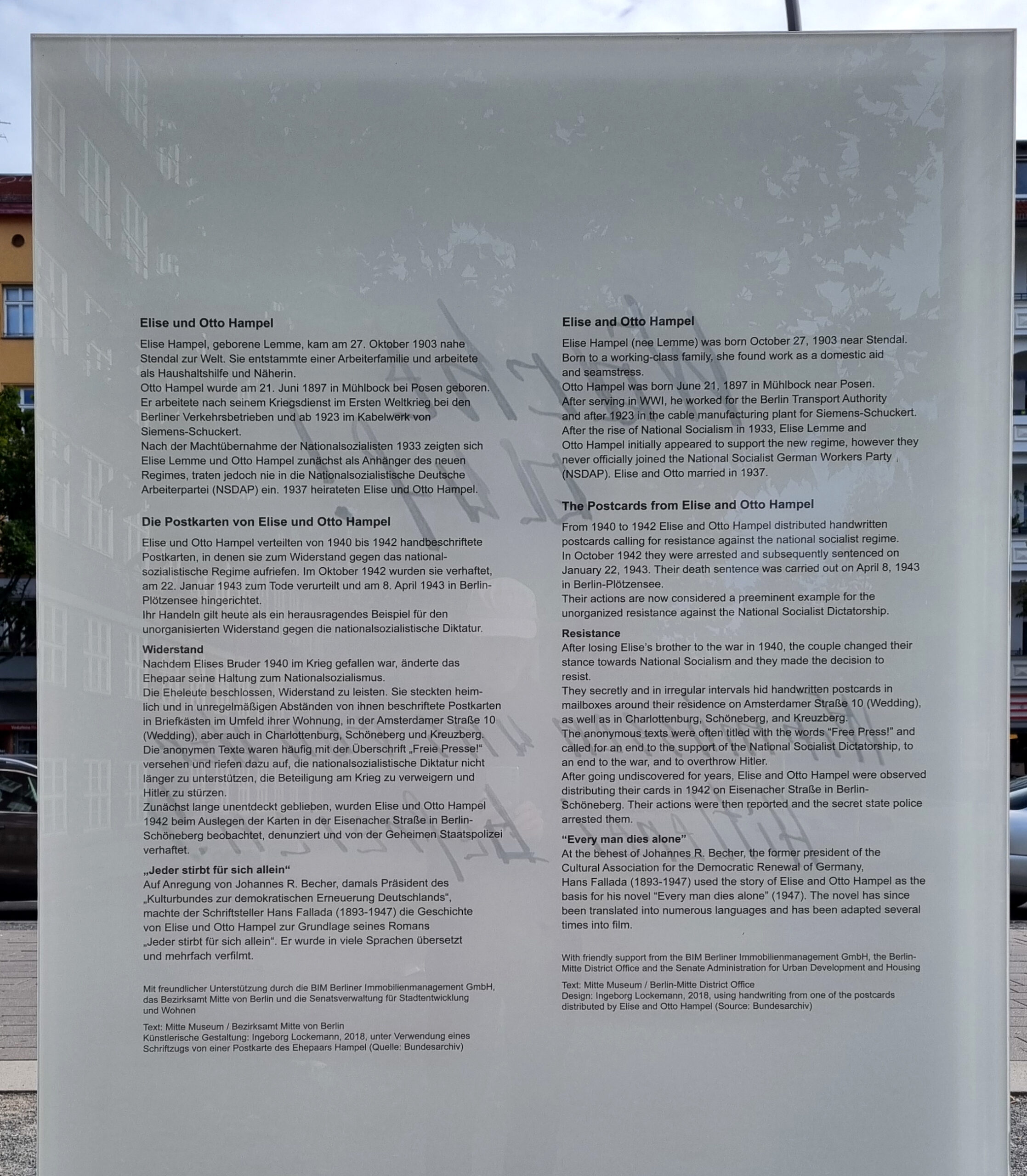BBC:
US policy is now apparently communicated to the world via exclusive interview rather than tweet.
One wonders if President Emmanuel Macron of France is also rattled.
BBC:
US policy is now apparently communicated to the world via exclusive interview rather than tweet.
One wonders if President Emmanuel Macron of France is also rattled.
In what has to rank as the worst foreign policy failure since the Suez crisis of 1956, the UK has found itself unable to act fast enough, or separately from a US President who saw the totemic anniversary of the 9/11 attacks as more important than the success of the mission.
…
Allies around the world are questioning what a deal with the US means, and what the real cost of an American alliance is. Will a future president copy this one and leave without warning? Will an alliance raise your profile enough to make you a target, but fail to secure the enduring commitment needed to make it worthwhile?
Like the Suez fiasco, the crisis in Afghanistan is going to change our foreign policy completely. For the UK, our options cannot solely be determined by the White House. We need to deepen our other alliances and, over the coming years, we need to think about what that means.
FAZ:
„Es sind nur sieben“, sagte der Unions-Fraktionsvize. Später hieß es aus dem Verteidigungsministerium, es seien um diese Zeit nur wenige der auf den Evakuierungslisten Genannten am Flugplatz gewesen. Bei den Passagieren soll es sich um fünf Deutsche, einen Niederländer und einen Afghanen gehandelt haben.
SZ:
Lorraine Ali, Los Angeles Times:
The sudden end of America’s longest war was marked this weekend, and into Monday, by indelible footage of Afghans crowding the Kabul airport, clinging to the outside of a U.S. military aircraft in a frantic attempt to flee Taliban rule after the rapid collapse of their country’s government. Desperate men held the plane’s fuselage as it taxied down the runway, rolling off onto the pavement as it picked up speed. Moments after takeoff, two objects dropped through the sky, presumed to be bodies.
As I write this, the fall of Afghanistan, and the conclusion of a 20-year engagement in the region that began shortly after the attacks of Sept. 11, 2001, is being captured in dramatic detail across numerous platforms by multiple news organizations, many of which have appeared stunned by the turn of events. Who could have predicted this, they’re asking?
War correspondents, foreign bureaus and Afghan stringers, for starters. You know: actual journalists.
The shrinking of American newsrooms since their heyday in the 20th century and the country’s fatigue after two decades of war have created a media ecosystem whose bread and butter is domestic crisis and political rancor, presented by opinionated anchors and argued by divisive personalities.
Lange rief die Anhänger der Gewerkschaft auf, der Linkspartei in Baden-Württemberg bei der Bundestagswahl Ende September die Stimme zu verweigern: »Wir fordern deshalb unsere Mitglieder in Baden-Württemberg und insbesondere in Stuttgart, bei Daimler, Porsche und Bosch auf, die Partei Die Linke bei der Bundestagswahl zu boykottieren.«
…
Der Ex-Vorsitzende habe sich als »Desaster-Demokrat« entlarvt, weil er der Linken mit seiner Wagenknecht-Abrechnung mitten im Wahlkampf schade, sagte Lange weiter. »Sahra Wagenknecht dagegen ist und bleibt die letzte Hoffnung der Arbeiter im demokratischen Spektrum.«
Hennig-Wellsow kritisierte im SPIEGEL überdies, der Wahlkampf handle zu wenig von spezifisch ostdeutschen Problemen. »Der Osten spielt im Wahlkampf der demokratischen Parteien praktisch keine Rolle. Mich wundert das nicht wirklich, wenn ich mir etwa den Zuschnitt der Spitzenkandidaten von SPD, Grünen und der Union angucke«, sagt sie. Mehr Westen gehe fast nicht.
»Dagegen setzte ich in meinem Wahlkampf auf das, was uns in Thüringen immer stark und zur Volkspartei gemacht hat: demokratischer Eigensinn und eine handfeste Politik statt leerer Versprechungen«, so die Parteichefin. »Wir brauchen einen neuen Aufbruch Ost.«



This text seems to me curiously mild.